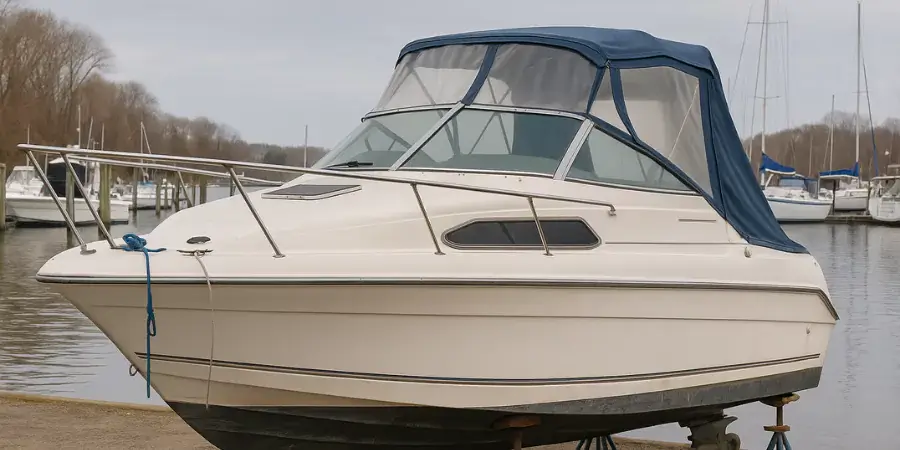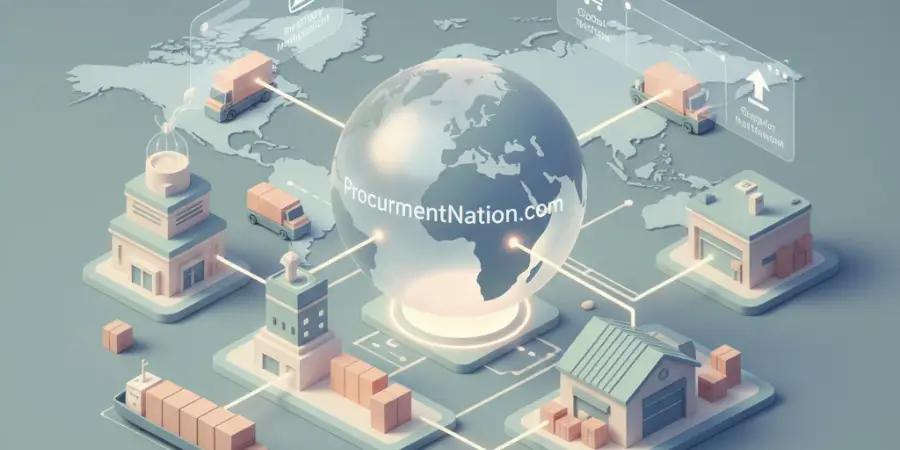A second-hand ship can be a great investment, but only when following certain steps, such as using the right bill of sale for a boat. In this post, we’ll showcase how to get a good boat deal, manage a sea trial, and more.
Finding the Right Boat
Consider the type of boat you’re looking for, and make sure you search accordingly. Think about what you plan to use it for – the main options (and the best ships for them) include:
- Fishing (center consoles, bass boats, bay boats)
- Watersports (Wakeboard boats, bowriders)
- Day cruising (Deck boats, pontoon boats)
- Overnight cruising (cabin cruisers, trawlers)
- General sailing (sloops, keelboats)
You should also pay attention to every detail of a boat’s listing. The bill of sale should also have a section where the seller outlines the vessel’s condition, including any blemishes or problems – no matter how minor.
Regarding the bill of sale, you could provide this yourself from a document template site. These include every relevant field specific to boats. Even if you find the right ship, make sure you have an equally great seller – don’t do business with someone who refuses a bill of sale.
Questions to Ask the Seller
If this is your first time buying a used boat – or any boat at all – then you need to be sure that the model you have your eye on is the right one. Don’t be afraid to ask questions about the boat, its history, its handling, or even its flaws; no seller worth their salt will hesitate to answer.
Here are 15 questions any second-hand boat buyer should know the answers to:
- What is the engine’s horsepower?
- How old is the battery?
- Does the boat have any liens?
- How many owners has the boat had?
- Could I ask a marine surveyor to check it over?
- How have you stored the boat?
- Have you ever refinished the hull?
- How well does it fare in harsh weather?
- Does the ship have any soft spots?
- How many hours does the engine have?
- Can I see the boat’s service history?
- How comfortable are the sleeping quarters?
- What is the boat’s Hull Identification Number?
- Does the sale include a trailer?
- Can I take the boat for a sea trial?
Do You Need a Marine Surveyor?
A marine surveyor can look at any boat you’re considering and conduct a full inspection, though you’ll need the current owner’s permission. Don’t leave this until after you’ve bought the boat, or you might have a complex legal battle ahead.
Here are some standard checks marine surveyors carry out:
- Inspecting the transom for water intrusion
- Making sure the built-in GPS works
- Checking for signs of overheating
- Ensuring a healthy battery charger output
- Confirming that the life jackets inflate
- Analyzing the boat’s engine and/or gear oil
Surveyors give you an unbiased evaluation of the ship. While you can inspect the boat yourself, you might not notice every problem. Some might be nearly invisible without years of experience. For example, would you spot a misaligned engine or soft spots on a deck?
Requesting a Sea Trial
You wouldn’t buy a car without a test drive – buying a boat is the same, especially a used model. You need to make sure it feels “right” before you spend possibly thousands on it.
Ask the seller to take the boat on a sea trial; if they refuse, be suspicious. If they’re worried you might sail away with it, offer collateral, such as your keys or ID. Alternatively, they can always go with you, which lets them explain how the boat handles.
Sea trials usually take a couple of hours – never rush this, even when the seller is keen to close the sale quickly. Check the ship’s idle speed, acceleration, how well it turns, how well it tracks in a straight line, and anything else that’ll give you confidence in its operation.
The Costs of Owning a Boat
Buying any boat (used or otherwise) opens you up to a number of ongoing costs. These can quickly add up, so only follow through with the purchase if you’re sure you can handle these.
The main fees you’ll have to deal with include:
- Insurance, which depends on your boat’s size and use
- Routine checks, such as oil changes and bottom cleaning
- Seasonal maintenance, including winterization
- Fuel: your boat could burn dozens of gallons per hour
- Storage, possibly in a marina slip or even at home
- Equipment, such as new safety gear
You may even spend hundreds each year on DIY cleaning supplies. Owning a boat can be quite expensive – only sign the bill of sale if you can afford everything.
Final Thoughts
Before you sign your bill of sale, ask the right questions and get the right answers. You can only buy the boat if you’re sure it’s in good condition and that you can handle the long-term costs.
















